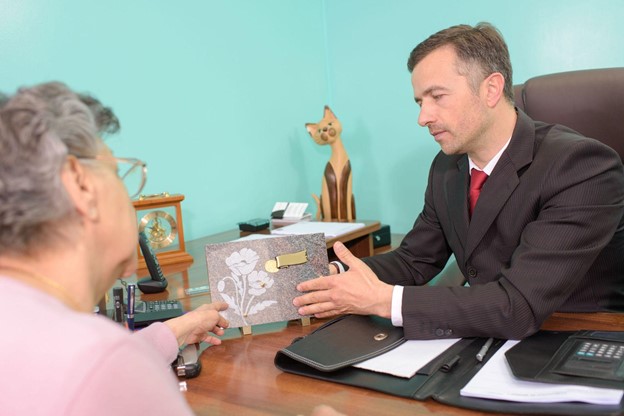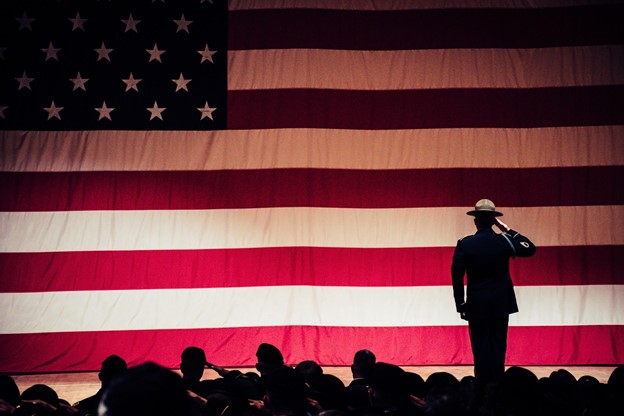-

Why Intimacy With Death Is Necessary for a Healthy Life
Posted on August 1st, 2022
Posted by underAvoidance of death affects our subconscious minds negatively “Subconscious fear of death drives us in negative ways, whereas open fear […]
-

Key details that can help you turn a funeral into a life celebration
Posted on July 6th, 2022
Posted by underHow to plan a celebration of life for your […]
-

6 Tips On What To Say To A Grieving Friend
Posted on June 24th, 2022
Posted by underGrieving can be extremely challenging. […]
-

What To Consider When Choosing Between Cremation or Burial
Posted on December 16th, 2021
Posted by underWhen planning ahead for end-of-life preparations, or making arrangements following the loss of a loved one, many families struggle with […]
-

How to Honor Veterans and Their Families
Posted on December 3rd, 2021
Posted by underYou might know that November 11th is Veteran’s Day, which is celebrated every year in America to honor those who’ve […]

Blog
